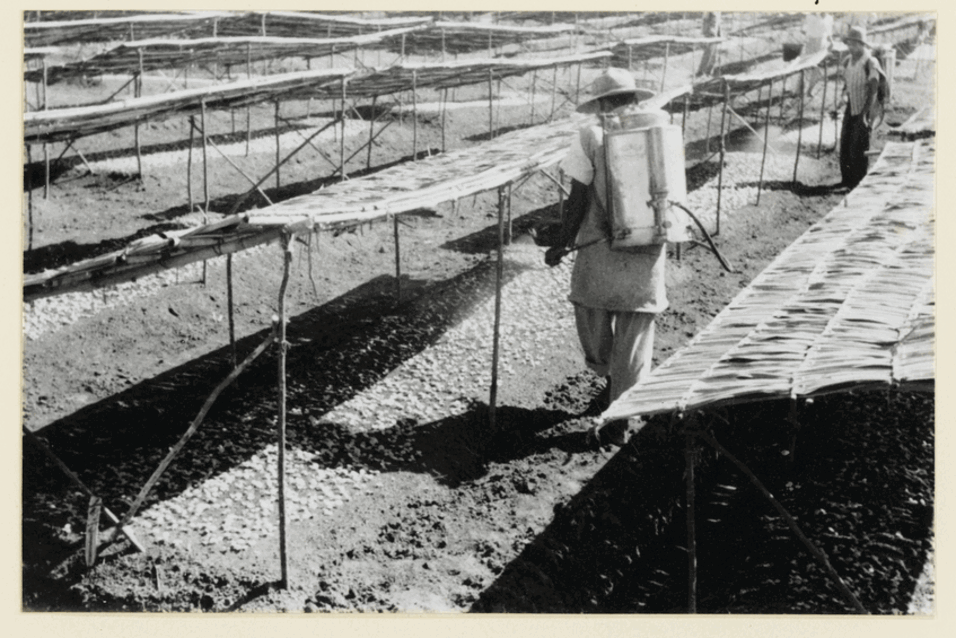In my dissertation, I focus on the colonial system of experimental stations in Indonesia in the 1880s to 1930s of the Gregorian calendar. More specifically, I analyze colonial research on tobacco plantations and the insects that were part of this imported ecology. The latter were classified as "pests", highlighting the destructive effects they manifested at the colonial intersection of entomological, agrochemical, botanical, tropical agricultural, and forestry-related knowledge production. The project analyzes the practices of sustaining colonial plantation economies and the resistances of non-human and human actors through the epistemological category of “damage”. It draws on current approaches in colonial history, such as subaltern studies, and animal studies.
In my work, I will address questions regarding how and by whom damage is conceptualized, which dimensions of an ecosystem are factored into colonial damage calculations, and how these calculated damages can be interpreted as forms of resistance. My sources include local Sumatran newspapers written in different languages such as Batak, Malay. The Deli research station issued knowledge in various genres such as bulletins, manuals, letters, pamphlets, so-called 'pest boards' (Schädlingstafeln), journals and photo albums. Another major source are the scientific journals of the research stations.
Furthermore, various language archives are incorporated into the work. The goal of the dissertation is to present ecological histories that challenge anthropocentrism, contributing to a broader understanding of plantation economies, the scientification of colonial practices, and histories of resistance.

